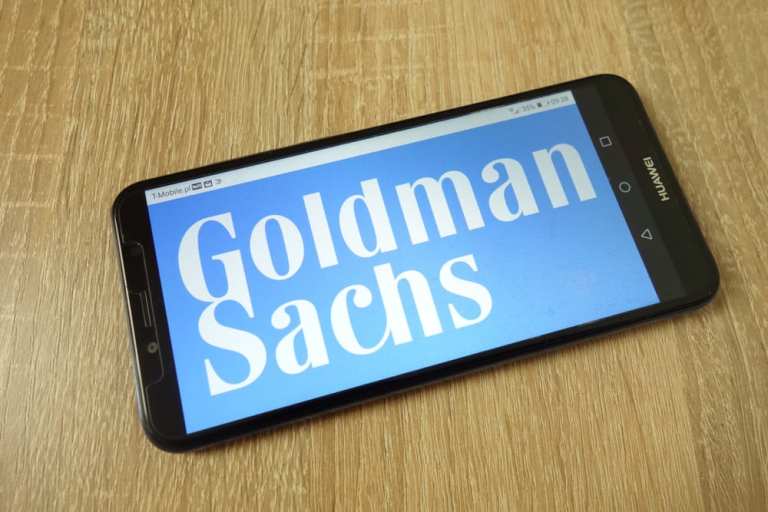Goldman, Amazon Discuss SMB Lending Partnership

Goldman Sachs and Amazon are in discussions about the possibility of partnering for small and medium-sized (SMB) business lending in the U.S., Financial Times reported on Monday (Feb. 3).
Goldman would use its latest lending technology to offer SMB loans on Amazon’s lending platform as soon as next month, two sources told FT. The project is expected to be co-branded.
In March of 2019, Goldman and Apple joined forces to form a co-branded credit card, the Apple Card. The deal gives Goldman direct access to Apple’s more than 100 million U.S. subscribers.
Executives at Goldman have pointed to the Apple Card as the “most successful credit card launch ever.” Of Goldman’s $7 billion in consumer loans and card balances in 2019, card lending accounted for “a significant portion.” Consumer loans are also processed through Goldman’s retail banking arm, Marcus.
Amazon has already dipped its toes into small-business lending and found ways to cut into banks’ revenues while also competing against prepaid card issuers. The eCommerce giant had in excess of $863 million in outstanding small business loans at the end of 2019. Loans were primarily issued to SMB merchants that sell on the site, and bank partnerships were leveraged in some foreign markets.
John Cronin, an analyst at Goodbody’s, told FT that by using banking partnerships, Amazon could “significantly extend” its SMB lending platform, “without any associated credit risk of regulatory obligations (in the context of capital and liquidity and so forth).”
Talk of an SMB lending partnership with Amazon comes on the heels of Goldman’s CEO David Solomon telling shareholders that the bank would see a revenue boost from new collaborations.
Goldman is transitioning from trading and investment banking to a comprehensive financial services group. Recent consumer undertakings were lower than 3 percent of 2019 revenue. Last year, cards and consumer loans comprised under 1 percent of its $993 billion in total assets.
At its recent Investor Day, Goldman said “banking as a service” was on the horizon for 2020, with plans for third parties to “white-label” their products.